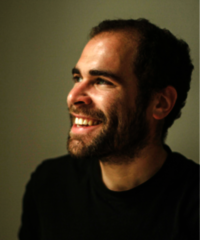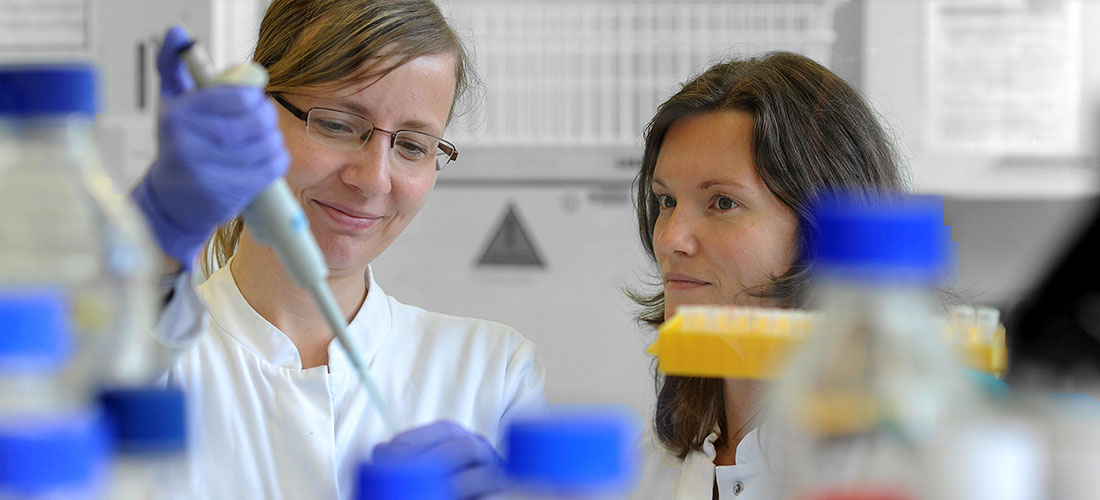Dr. rer. nat. Adrián Enrique Granada

Charité Universitätsmedizin Berlin
Charité Comprehensive Cancer Center
Invalidenstrasse 80
10115 Berlin
Germany
Tel: +49 (0) 30 2093 98437
Email: adrian.granada(at)charite.de
https://cccc.charite.de/metas/person/person/address_detail/granada/
University Education
- 05.2006 - 06.2011 Ph.D. Student, Humboldt Universität zu Berlin
- 03.2000 - 10.2005 B.Sc. and MSc Student, Physics Department, Buenos Aires University
Professional Experience
- 2020-present Research group leader at the Charité Comprehensive Cancer Center
- 2016-2019 Independent Research Fellow, IRI for the Life Sciences, Berlin
- 2012-2016 Post-doctoral Research Fellow, Harvard Medical School
- 2011-2012 Research Assistant, Charité Universitätsmedizin Berlin
Research Fields
The Granada Lab develops methods that combine long-term live single-cell microscopy with time series analysis, non-linear dynamics and mathematical modeling to track the evolving internal cellular state and the outcome cell responses upon anticancer treatment. Gaining understanding on the internal state and dynamics of cell fate decision of individual tumor cells will help to identify sensitive cellular states and to design optimal schedules for future cancer treatments.
Much of the work in our lab is focused on a subtype of breast cancer known as triple negative breast cancer (TNBC). TNBC affects 15-20% of all breast cancer patients, and is one of the most heterogeneous and aggressive subtypes of breast cancer with high rates of mortality. TNBC have an unmet medical need and effective treatments are urgently required. Currently, we can not predict which treatment will be the most effective for the different TNBC patients. The Granada Lab seeks to develop tools to quantitatively understand the sources of heterogeneity in time and space within TNBC tumors.
We are part of the translational research unit from the Charité Comprehensive Cancer Center (CCCC) in Berlin, Germany.
Most important Awards, Grants or Scientific Achievements
- 2018 Award at the Biological Oscillators Symposium at EMBL-Poster Awarded prize. Heidelberg, Germany
- 2010 Science Slam Berlin, second place in the Berliner Science Slam, Germany
- 2010 Research award from the Society for Research on Biological Rhythms, USA
- 2006 PhD Fellowship award for the Institut Curie, Paris, France. Programme Alßan. (Declined)
Selected References
- Finger, A.M., Jäschke, S., del Olmo, M., Hurwitz, R., Granada, A.E., Herzel, H., Kramer, A. (2021) "Intercellular coupling between peripheral circadian oscillators by TGF-β signaling." Science Advances 7 (30), eabg5174
- Gabriel, C.H., del Olmo, M., Zehtabian, A., Reischl, S., Dijk, H., Koller, B., Grudziecki, A., Maier, B., Ewers, H., Granada, A.E., Herzel, H., Kramer, A. (2021) "Live-cell imaging of circadian clock protein dynamics in CRISPR-generated knock-in cells." Nature Communications. 3796 (2021).
- Granada, A.E., Jimenez, A., Stewart-Ornstein, J., Blüthgen, N., Reber, S., Jambhekar, A., Lahav, G. (2020) "The effects of proliferation status and cell cycle phase on the responses of single cells to chemotherapy." Molecular Biology of the Cell. Vol. 31, Issue 8.
- Granada, A.E., Jiménez, A., Stewart-Ornstein, J., Blüthgen, N., Reber, S., Jambhekar, A., & Lahav, G. (2020) "The effects of proliferation status and cell cycle phase on the responses of single cells to chemotherapy." Molecular biology of the cell, 31(8), 845–857.
- Bordyugov, G., Abraham, U., Granada, A.E., Rose, P., Imkeller, K., Kramer, A., & Herzel, H. (2015) "Tuning the phase of circadian entrainment." Journal of the Royal Society, Interface, 12(108), 20150282.



